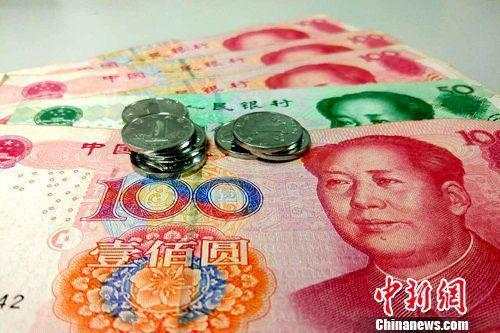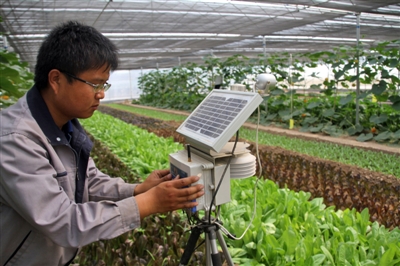(Peoples Daily Online)17:34, July 03, 2019![]()
While people from all walks of life in the Hong Kong Special Administrative Region (HKSAR) were immersed in festivities commemorating the return of Hong Kong to the motherland and the establishment of the HKSAR on July 1, in complete contrast, some protesters were storming the regions Legislative Council on the other side of the city.
The violent acts severely challenged the rule of law in Hong Kong, jeopardized the social stability of Hong Kong and blatantly challenged the bottom line of one country, two systems.
No country or society should tolerate such acts. The central government resolutely supports HKSAR Chief Executive Carrie Lam and the HKSAR government to exercise their duty, investigate and punish the violations, and protect social order and public safety.
The rule of law has always been a core value cherished by Hong Kong. The HKSAR and Hong Kong residents have always been admired for their law-abiding spirit, and such spirit should never be crushed.
A society ruled by law needs to accommodate different voices, but it does not mean that a few people can carry out illegal acts, nor that violent crime should be tolerated.
Laws are to be abided by, and law-breakers must be punished. Only by safeguarding the authority of law and defending the dignity of law can we ensure the prosperity and stability of Hong Kong, as well as the stability of the country.
Hong Kong is a pluralistic society. It is not strange that there are disagreements or major differences on some issues. However, if people become too politicized over various issues, and create confrontations, they will seriously hinder the economic and social development of Hong Kong.
Politicizing and even demonizing the HKSAR governments amending of related ordinances, creating social conflicts and inciting illegal activities have damaged Hong Kongs reputation as an international business metropolis and hurt the vital interests and fundamental welfare of residents.
It should be emphasized that Hong Kong is a society that upholds the rule of law, peace, rationality and tolerance. To seek consensus and eliminate discord within the framework of the rule of law is the collective responsibility of all residents who genuinely love Hong Kong.
Harmony brings good fortune, while discord leads to misfortune. Hong Kong, despite its strong economic foundation, faces enormous challenges as the global economic pattern undergoes drastic changes and competition becomes fiercer. Therefore, administering Hong Kong based on the rule of law is of extreme importance.
To strongly condemn violence is the common aspiration of patriots and people who love Hong Kong, as well as a requirement to promote the rule of law and safeguard the rule of law in Hong Kong.



